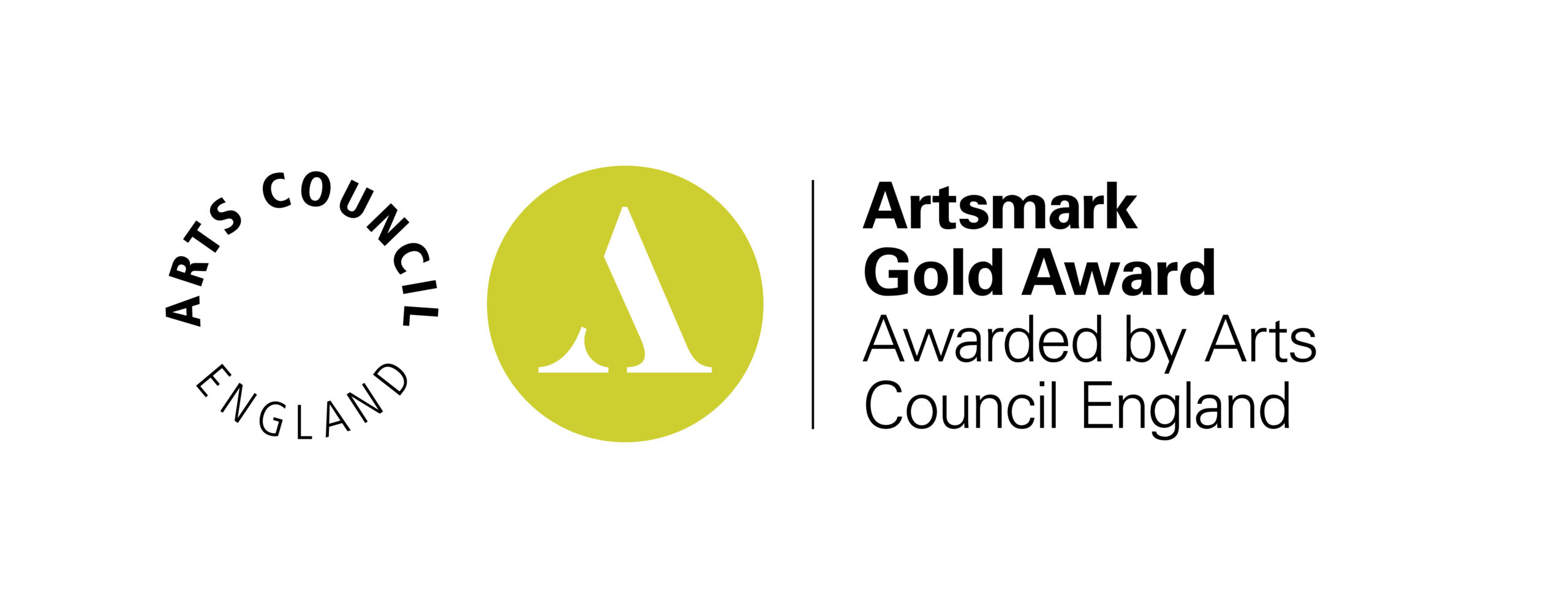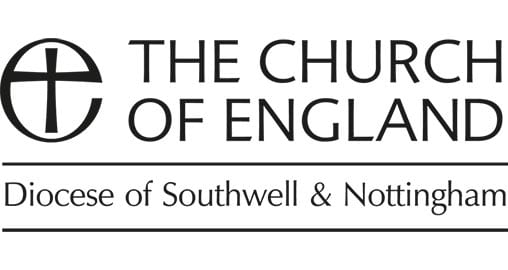Curriculum intent
Everything we do in mathematics we do because we believe every child deserves the opportunity to understand the beauty of mathematics and how it shapes its everyday lives. Without mathematics, our day-to-day experiences and understanding the world around us would be severely limited.
We know every child can experience mathematical success to a greater or lesser degree, which in turn leads to greater social mobility by opening up opportunities to study the course of their choice, go to a university of their choice or follow a career path/apprenticeship course of their choice.
Mathematics gives students opportunities, options and choices they otherwise would not have access to. It allows them to make financial sense of the world around them. Mathematics enables students to become financially and numerically literate.
Christian Distinctiveness
In mathematics, we encourage our students to embrace the nine core values and demonstrate them on a day-to-day basis.
Our students embrace the Christian distinctiveness by following the QEA way. Showing polite and courteous behaviour towards peers, staff and visitors. Following instructions; respecting other people’s views and feedback; not talking over an adult; apologising when necessary and appropriate; working to the best of their ability and being proud of their work and presentation. Helping other students when the opportunity presents itself. The staff at QEA demonstrate kindness by being consistent, fair and warm-strict.
Knowledge in mathematics
Our five-year curriculum plan builds on the core knowledge learnt in primary school and continues to deepen and broaden at secondary school.
Since the curriculum change in 2013, the demand at each key stage has been significantly higher, with more ‘higher content’ moving to the foundation level. Alongside the subject content, there is an expectation that students will be “working mathematically” towards the three aims of the curriculum, namely:
Fluency–become fluent in the fundamentals of mathematics, including through varied and frequent practice with increasingly complex problems over time, so that pupils develop conceptual understanding and the ability to recall and apply knowledge rapidly and accurately
Reasoning–by following a line of inquiry, conjecturing relationships and generalisations, and developing an argument, justification or proof using mathematical language, including ‘nonstandard’ questions
Problem Solving–students can solve problems by applying their knowledge to a variety of routine and non-routine problems with increasing sophistication, including breaking down problems into a series of simpler steps and persevering in seeking solutions.
The aims of the national curriculum are very important and are integral to teaching, not just teaching the listed content.
The expectation is that the majority of students will move through the programmes of study at broadly the same pace. However, decisions about when to progress are always be based on the security of student’s understanding and their readiness to progress to the next stage.
We aim to ‘teach to the top’ yet fully support less able students. Gaps in pre-requisite knowledge are identified early on and best practice is used to take account of these gaps in planning and teaching.
The curriculum is broken down into ‘strands’ with key topics sequenced and connected with contextual knowledge across key stage 3 and key stage 4.
The strands and key topics are:
- algebra – graphs, equations, expressions, identities, inequalities
- geometry – 2D and 3D shapes, transformations, similarity
- number – directed numbers, fractions, decimals and percentage, sequences
- ratio, proportion and rates of change – ratio, proportion and scale
- statistics – averages, estimation, charts and graphs
Every lesson begins with a ‘knowledge retrieval’ task at key stage 3 whilst at key stage 4 the starters consist of a combination of retrieval of core facts and application of knowledge.
We organise and sequence the learning within related topics to ensure the key ideas are embedded and easier to link and therefore recall over a longer periods
Careers and Aspirations
Our core topics have been carefully chosen, sequenced and presented in the most logical way to ensure a solid, well-understood bank of numerical and mathematical knowledge in the hands of our students when they leave to pursue their career aspirations.
In mathematics, we regularly give anecdotes relating a variety of jobs, which require mathematics as a key consideration.
Maths GCSE
Why study maths?
Mathematics is a compulsory core subject from year 7 until the end of year 11. A mathematics qualification is a key requirement for many apprenticeships, university and college courses and job roles. Passing this qualification with a grade 4 or above demonstrates a strong understanding of numbers and the ability to confidently work with them.
What will I learn?
You will learn about how maths links to everyday life and why you cannot live without it. You will also find out how maths can make your life easier. Where possible, we link the topics to practical examples.
GCSE mathematics has a foundation tier (grades 1-5) and a higher tier (grades 4-9). The course covers five strands, namely:
– algebra
– geometry and measures
– ratio, proportion and rates of change
– number
– statistics and probability
How will I be assessed?
- Examinations (two calculator papers and one non-calculator paper – each paper consisting of 80 marks)
Future pathways and careers
- Students can continue to study pure mathematics, core mathematics, or further mathematics at Hucknall Sixth Form Centre
- Animator
- Computer game designer
- Robotics engineer
- Roller-coaster designer
- Pilot
- Sports announcer and/or statistician
- Photographer
- Mathematics teacher
- Medical career
Course contact
Mrs S Stephens
sstephens@queenelizabeths-ac.org.uk




